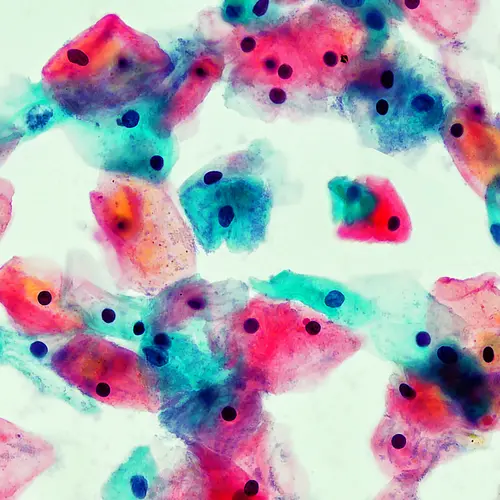Immunotherapy drugs help your immune system fight cancer cells. It’s an exciting new treatment that can work well for many types of the disease. Still, it can cause side effects.
How you’ll feel during and after treatment will depend on a few things:
- The cancer you have
- The type of drug and the dose you get
- How healthy you are when you start treatment
Help for Common Side Effects
Most people have these problems when they go through immunotherapy, but you can manage them.
Fatigue: Feeling exhausted is a common side effect of many cancer treatments, including immunotherapy. It sounds strange, but sleeping as much as you want can make you more tired. Limit daytime naps to less than 1 hour. Try short walks and light exercise to build more energy. Eat healthy meals with lean protein, and drink at least 8 glasses of water a day to keep up your strength. Find ways to lower stress: Talk with a friend, draw, or listen to music. Lots of things can help you recharge.
Fever: If your temperature’s 100.5 F or higher, you can often lower it with over-the-counter nonsteroidal anti-inflammatory drugs (NSAIDs) like ibuprofen, but check with your doctor first. If you have other health issues, like a bleeding disorder, NSAIDs could make it worse.
Flu-like symptoms: Some immunotherapy drugs can make you feel like you have the flu. Along with a fever, you could have a headache, nausea, muscle or joint aches, chills, weakness, and dizziness. Some people also get a runny nose, dry cough, or diarrhea.
There’s no single way to treat all these symptoms. Instead, your doctor will suggest ways to ease them. Sometimes, an over-the-counter pain reliever can make you more comfortable. You may need a stronger prescription drug for symptoms like diarrhea and severe vomiting.
Your doctor will also suggest ways to manage your symptoms at home. For instance, to calm your stomach, you can try cold foods that don’t have a strong smell. If you’re throwing up, sip ice water, juice, or ginger ale throughout the day so you don’t get dehydrated. A heating pad or ice pack can ease sore muscles. Alternative treatments like massage, acupuncture, and hypnosis may help with some of these symptoms, too.
Skin problems: Many people who get immunotherapy have a skin reaction. This might be redness, itching, swelling, or pain where the needle went in. Or you could notice that skin all over your body turns yellow, red, or very pale. Blisters and mouth sores are also common.
To keep inflamed skin from getting worse, use a mild, unscented soap and lukewarm -- not hot -- water in the shower or bath. Within 5 minutes of getting out, moisturize your skin. (Choose a brand that doesn’t have perfume in it.) Stay out of the sun as much as you can, and if you are outside, use a sunscreen of SPF 30 or higher. It’s also a good idea to speak to a dermatologist (a skin doctor). If your symptoms don’t clear up, they can prescribe a stronger cream or antibiotic.
Autoimmune disorders: Unlike chemotherapy and radiation, immunotherapy doesn’t target all the cells in your body. It only affects your immune system.
Sometimes, the drug you’re given causes your immune system to work too hard. If this happens, it may attack some of the healthy tissues and organs in your body. That can lead to side effects like:
- Pneumonitis (inflamed lungs): Chest pain, feeling short of breath
- Myocarditis (inflamed heart muscle): Chest pain, shortness of breath, fast or irregular heartbeat
- Colitis (inflamed bowel): Diarrhea, pooping more often than normal, blood or mucus in your stool, stomach cramping
- Hepatitis (inflamed liver): Yellow skin or eyes, dark urine, easy bruising or bleeding, pain on the right side of your stomach
- Endocrine disorders (problems with your hormones): Fatigue, headaches, mood changes, hair loss, feeling cold, rapid heartbeat, or sweating
- Uveitis (inflamed eye): Changes in your eyesight
- Arthritis: Pain in your joints or the muscles and tendons around them
Most of the time, these conditions are mild, but sometimes they can be severe.
If you notice any of these, tell your doctor right away. They may give you corticosteroids to calm your immune system. You’ll probably also have to stop immunotherapy. Whether you’re able to start treatment again depends on when the side effects go away.

